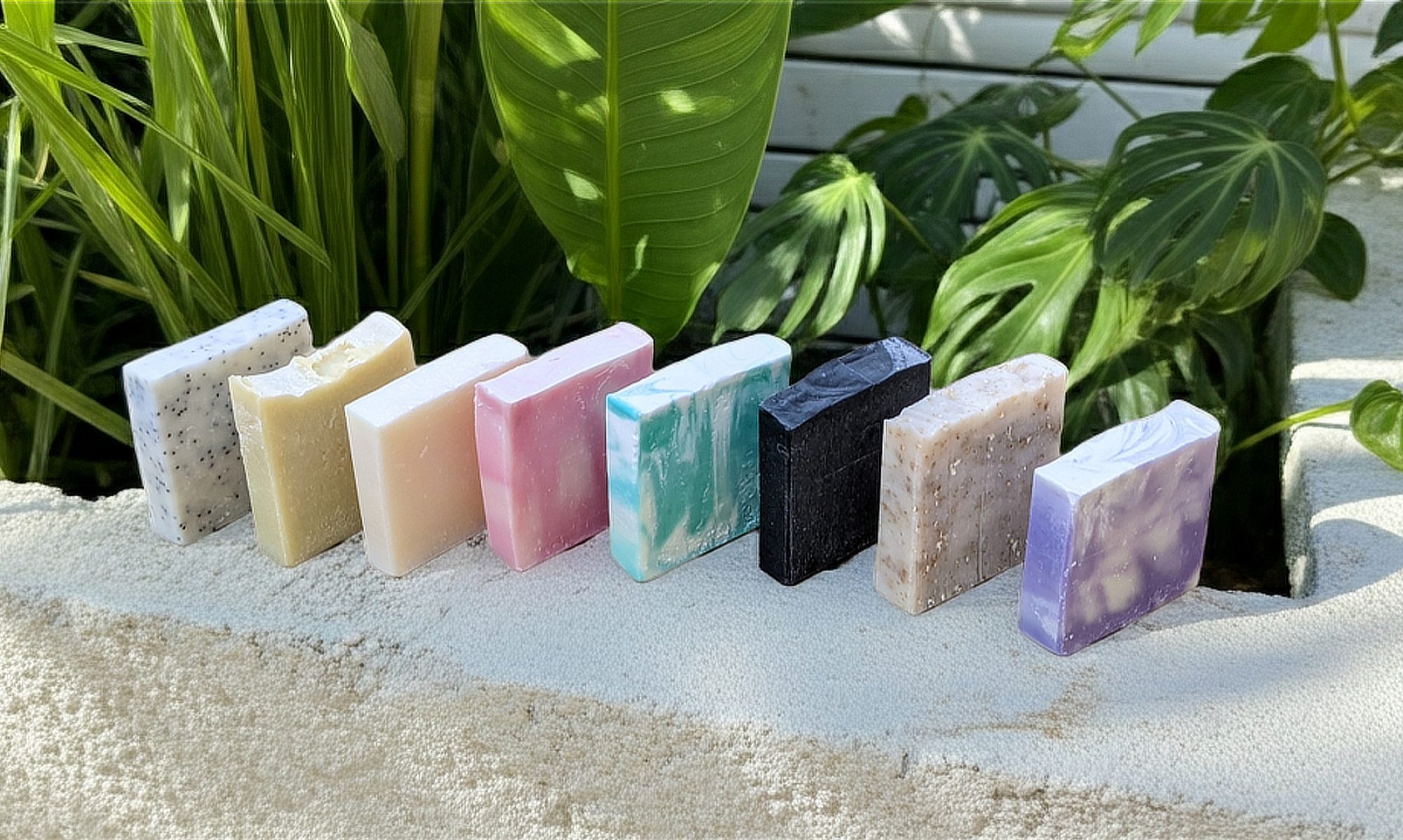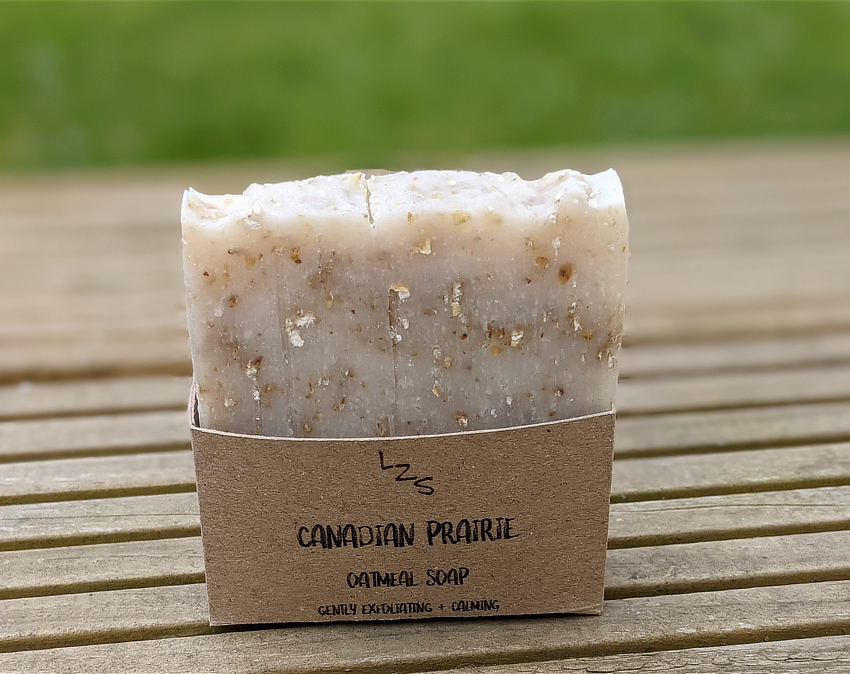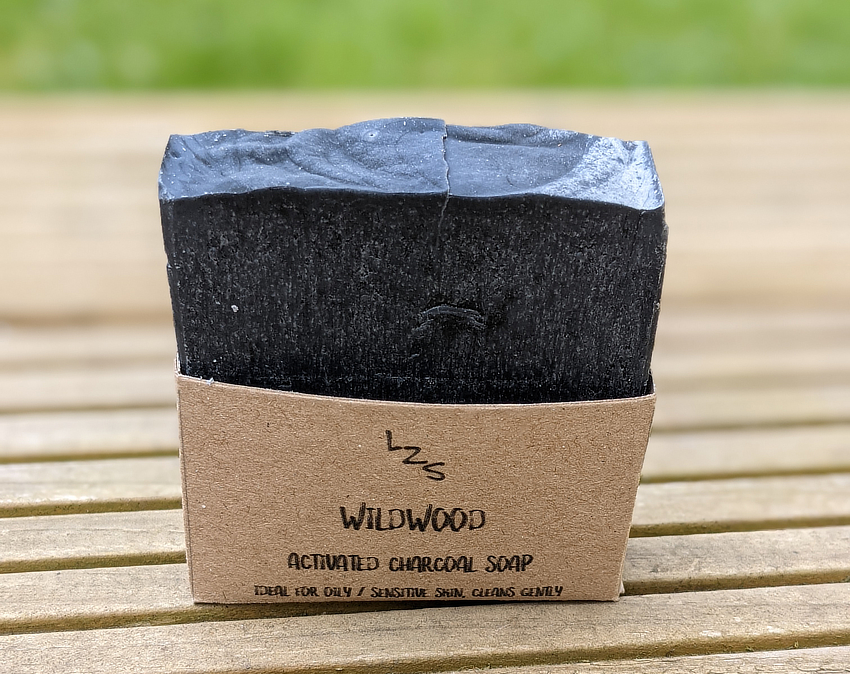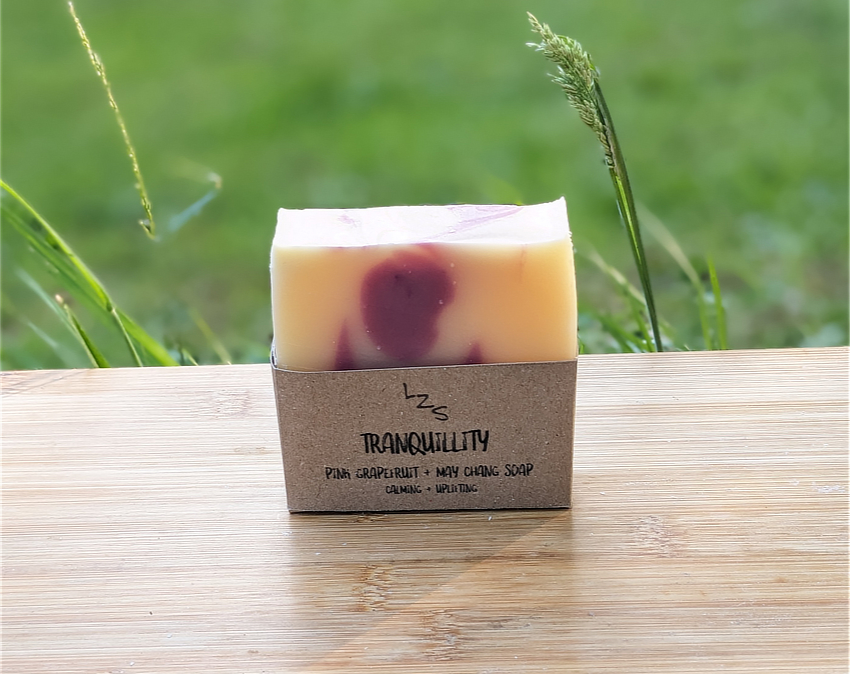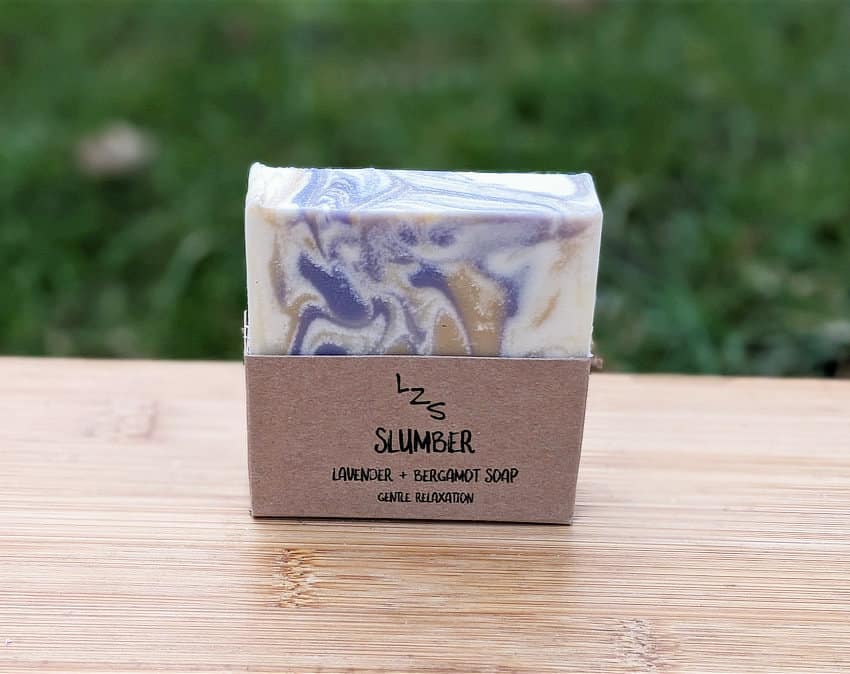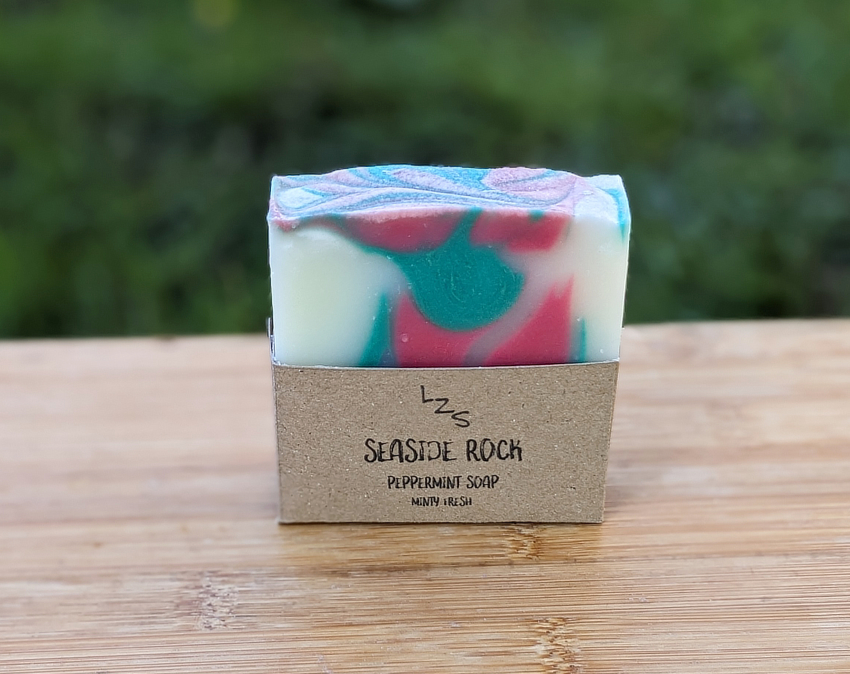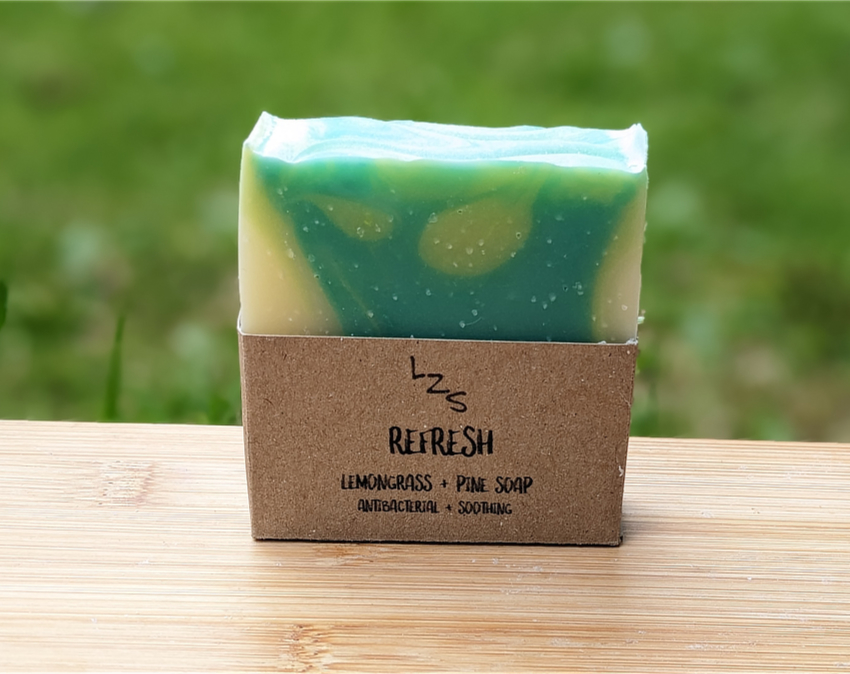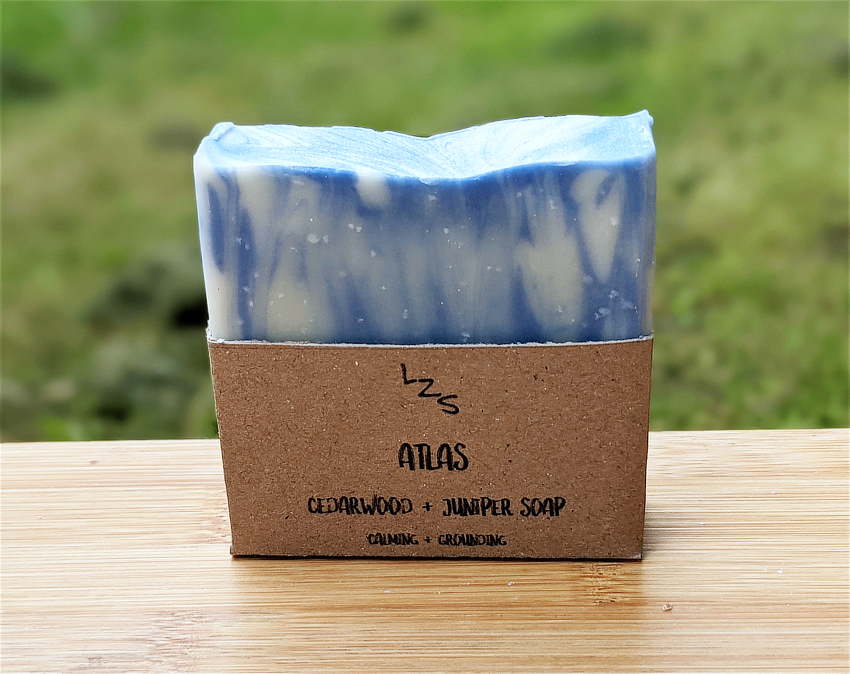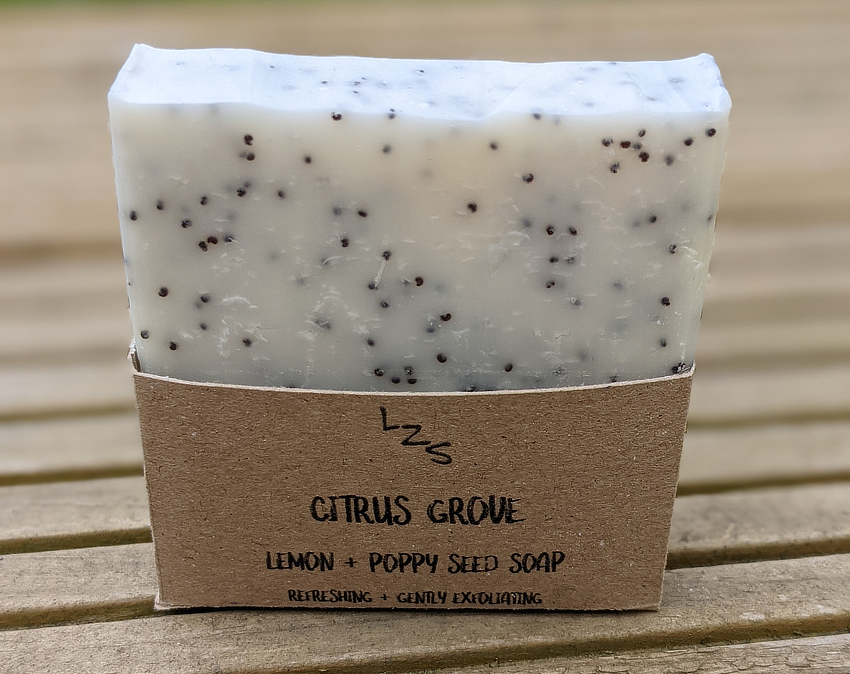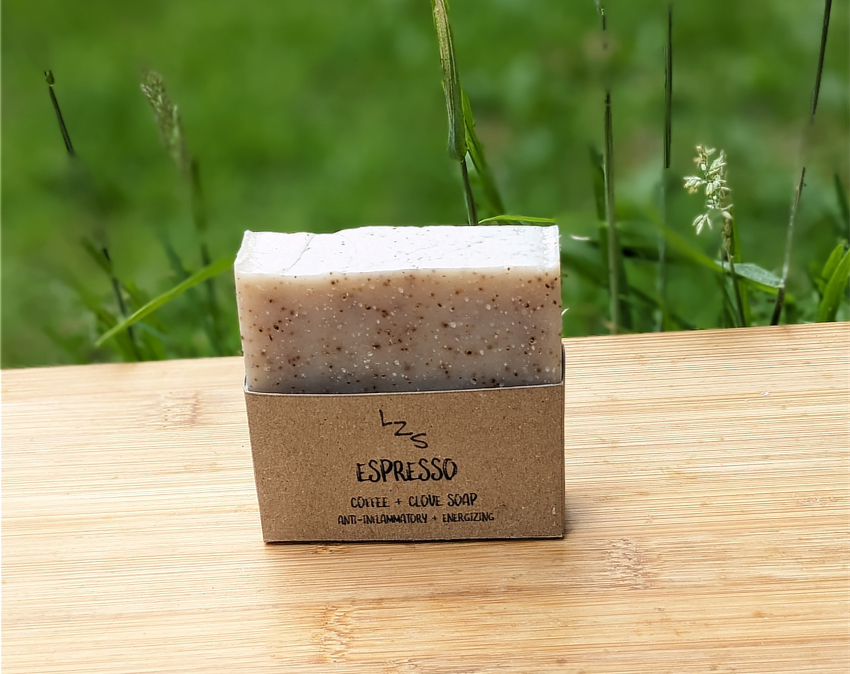Teenage skin is constantly changing—hormones, stress, and environmental factors can lead to breakouts, oiliness, and sensitivity. While many teens reach for harsh cleansers packed with chemicals, there’s a gentler, more effective alternative: natural soap.
At La Zouch Soaps, we craft handmade, vegan soap in the heart of the National Forest using nourishing ingredients that support healthy, balanced skin. Here’s why our natural soap is a game-changer for teenage skincare.
At La Zouch Soaps, we believe skincare should be kind, clean, and crafted with care. Here’s why our handmade, vegan soaps are perfect for teenage skin:
Gentle on Sensitive, Changing Skin
Teen skin is still developing, which means it’s more prone to irritation. Natural soaps, especially those made with nourishing oils like shea butter and olive oil, cleanse without stripping the skin’s protective barrier. No harsh detergents, no artificial fragrances, just pure, plant-based goodness.
Fewer Breakouts, More Balance
Many commercial soaps contain synthetic ingredients that clog pores and disrupt the skin’s natural balance. Our soaps use essential oils like pink grapefruit and bergamot, known for their antibacterial and balancing properties. These help regulate oil production and reduce the risk of acne without drying out the skin.
Hydration Without the Heaviness
Teen skin needs moisture, but not the greasy kind. Natural soaps hydrate with ingredients like coconut oil and mango butter, which absorb easily and leave skin soft, not shiny. Plus, they help soothe inflammation and redness, common in acne-prone areas.
No Nasties, Just Nature
We believe skincare should be clean and ethical. That’s why our soaps are:
- Vegan and cruelty-free
- Free from parabens, sulfates, and palm oil
- Handmade in small batches with food-grade ingredients
This means fewer irritants and more peace of mind for teens and their parents.
A Simple Routine That Works
Teenagers don’t need a 10-step skincare routine. A gentle cleanse with natural soap morning and night can make a big difference. Add a light moisturiser with SPF and you’ve got a routine that’s effective, affordable, and easy to stick to.
Final Thoughts
Teenage skin deserves kindness. By choosing natural soap, teens can enjoy clearer, calmer skin without compromising on ethics or quality. Whether it’s our exfoliating oatmeal bar or our active charcoal / citrus soaps for oily skin, La Zouch Soaps offers a range that’s perfect for every teen.
Ready to help your teen glow naturally? Explore our Teenage/Oily/Combination Skin collection here.
